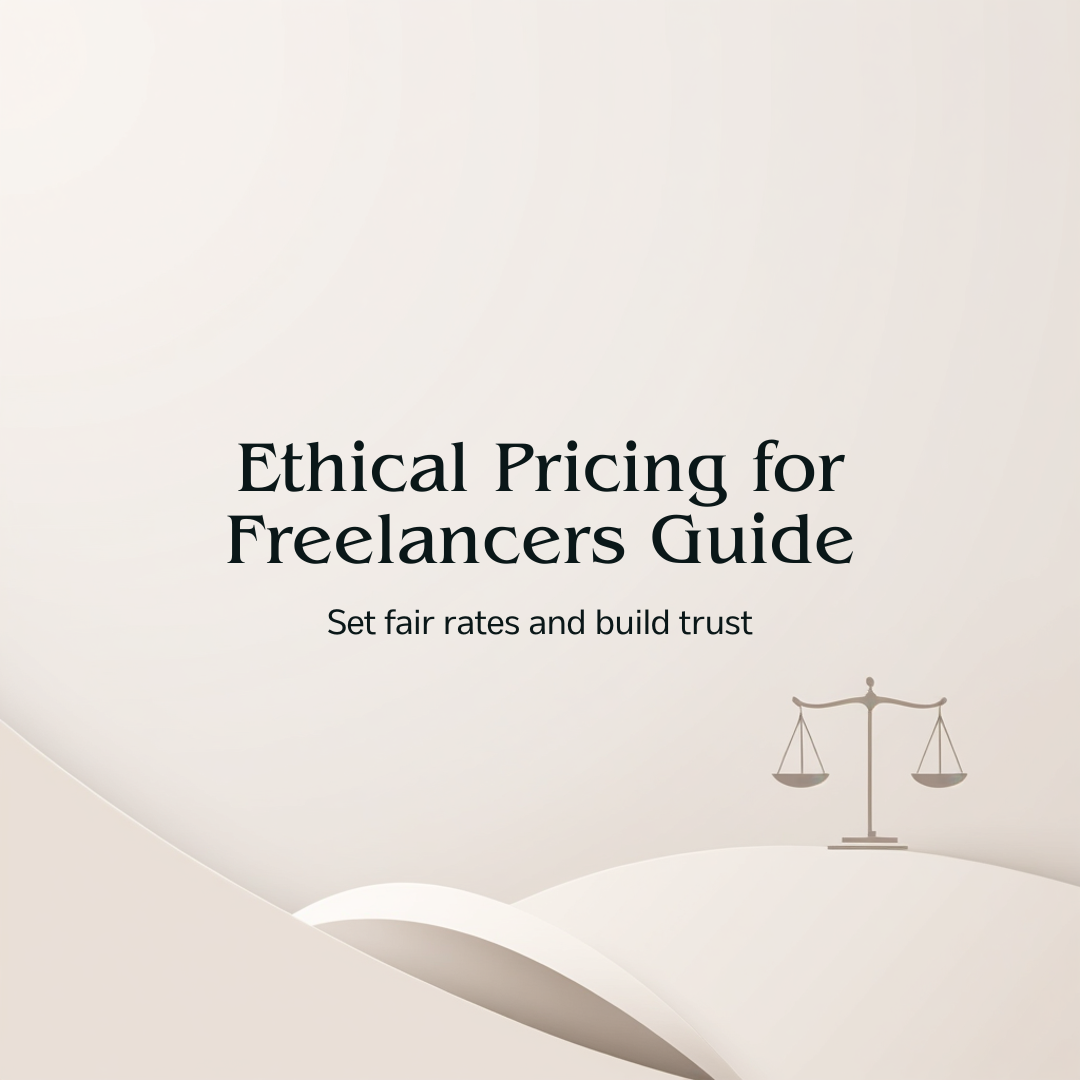- Details
- Hits: 673
In today’s competitive freelance writing world, marketing yourself is essential — but how you do it matters just as much as what you offer. Ethical marketing is about more than avoiding lies or gimmicks. It’s about building trust, showcasing your skills authentically, and attracting clients who respect your integrity.
When you promote yourself honestly — without hype, deception, or manipulation — you lay the groundwork for long-term success. Ethical marketing doesn’t just feel good; it helps you stand out in a crowded field for all the right reasons.
In this guide, we’ll break down practical strategies for promoting your freelance writing business ethically — so you can grow your client base while staying true to your values.
Read more: Ethical Marketing for Freelance Writers: Promote Yourself Honestly Without Hype
- Details
- Hits: 753
Contracts are more than just legal paperwork — they’re the foundation of a healthy, professional freelance relationship. Negotiating your contract ethically means being clear, honest, and fair, ensuring both you and your client understand expectations and responsibilities.
Approaching contract discussions with integrity helps prevent misunderstandings, protects your work and income, and builds mutual respect. In this article, we’ll explore practical tips and best practices for negotiating freelance writing contracts ethically — so you can create agreements that serve everyone well.
Read more: Ethical Contract Negotiation & Best Practices for Freelance Writers
- Details
- Hits: 662
When people think about ethics in writing, they often focus on doing the “right thing” — staying honest, fair, and respectful. But here’s the truth many freelancers overlook: ethical writing isn’t just good for others — it’s good for you.
From building strong client relationships to protecting your reputation and helping you command fair rates, ethical practices are the foundation of a sustainable, successful freelance career. In this article, we’ll explore the real business benefits of choosing integrity at every step of your freelance writing journey.
Read more: Why Ethical Writing Pays Off: The Business Benefits of Integrity for Freelancers
- Details
- Hits: 767
Every freelance writer eventually faces tricky situations that test their integrity. Whether it’s a client asking for “just a little extra” beyond the contract, pressure to cut corners on research, or an offer that sounds good but feels wrong — these moments define your professional values.
Understanding real-world ethical dilemmas helps you prepare, respond with confidence, and protect both your business and your reputation. In this guide, we’ll break down five common freelance writing scenarios, explore what makes them ethically challenging, and share practical solutions to navigate them while staying true to your principles.
Read more: 5 Real-World Ethical Dilemmas Freelance Writers Face and How to Handle Them
- Details
- Hits: 705
Pricing your freelance writing services isn’t just a business decision — it’s an ethical one. The rates you charge and the payment terms you set reflect your respect for your own work, your clients, and the freelance writing profession as a whole.
Ethical pricing means offering fair value for your skills and time without exploiting yourself or others. Ethical payment practices ensure that both you and your clients are protected, with clear terms that build trust and prevent misunderstandings.
In this guide, we’ll explore what ethical pricing looks like, how to set transparent payment terms, and how to handle common challenges like discounts, negotiations, and late payments — all while staying true to your values as a freelance writer.
- How to Build Ethical Practices Into Your Workflow
- How to Create an Ethical Freelance Writing Contract: Protect Yourself and Your Clients
- Common Ethical Challenges Freelancers Face: How to Navigate Dilemmas with Confidence
- The Core Values of Freelance Writing Ethics: Build Trust and Integrity in Your Work









